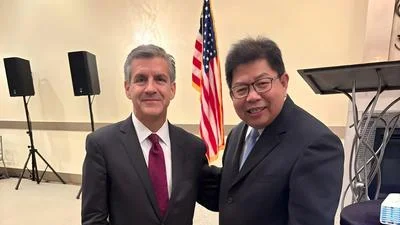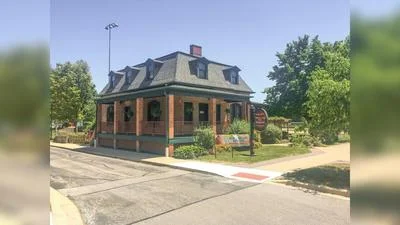Burr Ridge attorney Ellen Raymond is forming a coalition with the Illinois Realtors and Taxpayers United of America (TUA) to defeat a question on the March 17 ballot that would give the village home rule powers.
Raymond warns of a double whammy for residents if home rule is approved: state-imposed caps on local taxes will disappear and residents will have little recourse in zoning disputes.
“It effectively means the village will have no rules,” she told the DuPage Policy Journal. “It’s an absolute power grab.”

Ellen Raymond
| Ellenraymondlaw.com
Village trustees approved the home rule question on a 4-2 vote at the Dec. 9 board meeting. Mayor Gary Grasso argued that home rule would give the village more flexibility in spending revenue generated by the hotel-motel tax. Now, most of the funds from the tax are spent promoting tourism as required for non-home rule governments.
“This village is unique in the sense that we are small, we have a large obligation for police pension and we have five hotels, interest in a sixth and that hotel motel tax money is an extraordinary fund we can use for the benefit of this village,” Grasso was quoted by the Chicago Tribune as saying.
But Trustee Zach Mottl, who along with Trustee Anita Mital voted against the resolution, said that the village pension fund is on solid ground.
“I’m not sure this is a problem we need to solve,” Mottl told the Chicago Tribune.
To allay fears of higher taxes, Grasso proposed at the meeting that the board agree not to increase property taxes beyond the state caps should voters approve home rule.
Raymond called the proposal misleading.
“Any restriction approved by the board means nothing,” she said. “The courts have allowed boards to violate their own ordinances.”
Raymond cited a 2010 ruling, Condominium Association of Commonwealth Plaza, et. al. v. City of Chicago, by the U.S. District Court for the Northern District of Illinois that a city council or board of trustees of an Illinois home rule municipality has the right to violate its own laws, provided that no constitutional or statutory protections are violated.
“If a gas station is going in next to your house, there’s not a whole lot you’re going to be able to do about it under a home rule government,”’ she added.
By state law, local governments can increase property taxes 5 percent, or the rate of inflation, whichever is lower. Home rule governments have no caps. Home rule governments can also increase the sales tax in quarter-percent increments with no maximum rate limit. The sales tax for non-home rule governments is capped at 1 percent. In addition, a home rule municipality can enact a local real estate transfer tax, if approved beforehand by referendum.
Raymond, the Realtors and TUA have had success fighting home rule moves in other municipalities across Illinois.
In November 2018, Prospect Heights voters defeated a home rule question for the fifth time. There, city officials likewise promised to adhere to tax caps if the resolution were approved.






 Alerts Sign-up
Alerts Sign-up